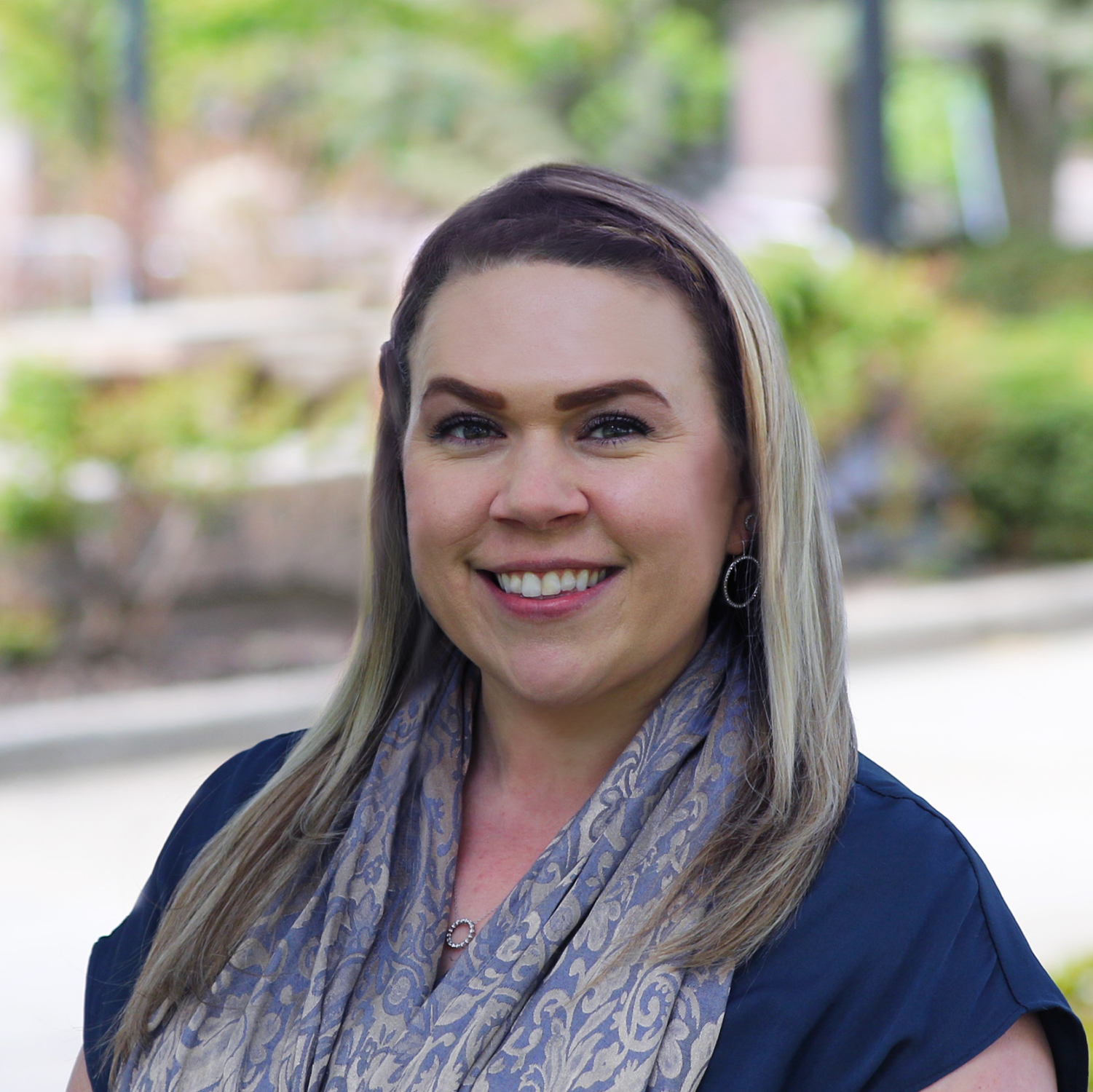Arkansas Becomes Third State This Year to Create Education Savings Account Program
2023 shaping up to be Year of Universal Choice
Today, Arkansas Governor Sarah Huckabee Sanders signed the Learns Act into law, establishing the third universal education savings account (ESA) program created in as many months this year.
“2021 was the Year of Educational Choice, but 2023 is shaping up to be the Year of Universal Choice,” said EdChoice President and CEO Robert Enlow. “Whereas in previous years, we saw educational choice programs created incrementally and offered to targeted groups of students, lawmakers are now proposing and enacting programs available to all students.”
Beginning this summer, K-12 students in Arkansas will be eligible to receive an annual ESA to fund tuition or approved educational goods and services, including expenses such as tuition, curriculum, tutoring, computers and software, and more. ESAs will initially be valued at $6,600 and tied to the level of state spending. By 2025, all students in the state will be eligible to receive an ESA. This is the third private school choice program in Arkansas.
Arkansas follows Iowa and Utah, which each created ESA programs with universal eligibility this year; with the addition of Arkansas, 11 states now have ESA programs, five of which are available to at least 90 percent of students. As was the case in Utah, the new Arkansas law also includes raises for teachers, demonstrating that states can support both educators and students.
“An especially exciting aspect of the Arkansas LEARNS Act is that it simultaneously expands educational choice while providing district-run public schools with new flexibility and resources to help them compete for students,” said Dr. Patrick Wolf, University of Arkansas Department of Education Reform. “This combination of choice and deregulation fits squarely within the vision of great thinkers like Milton Friedman regarding the benefits of markets in education.”
Lawmakers in Florida, Georgia, Indiana, Kansas, Ohio and Oklahoma are also considering educational choice proposals with universal eligibility this session. In total, 28 states are currently considering 64 ESA-related legislation.
“The heightened parental engagement instigated by the Covid-19 pandemic hasn’t slowed down; parents continue to demand the ability to customize where and how their children are educated, and lawmakers are listening,” Enlow continued. “Now more than ever, states are recognizing that learning can happen anywhere, and making Milton Friedman’s vision of investing in individual students rather than an antiquated system a reality.”
Arizona and West Virginia paved the way for states to create universal programs, and both have withstood legal and political challenges. Such programs are popular with parents and the broader electorate. EdChoice’s monthly public opinion tracker, conducted in partnership with Morning Consult, consistently finds about two-thirds of the public and school parents support ESAs.
To speak with Robert Enlow, or an EdChoice scholar, about the Arkansas program, ESA trends and legislation, or existing educational choice programs across the country, contact Chantal Lovell at Chantal@edchoice.org, or 989-251-8388.
EdChoice is a nonprofit, nonpartisan organization working to empower every family to choose the learning environment that fits their children’s needs best. Learn more at edchoice.org.
###




